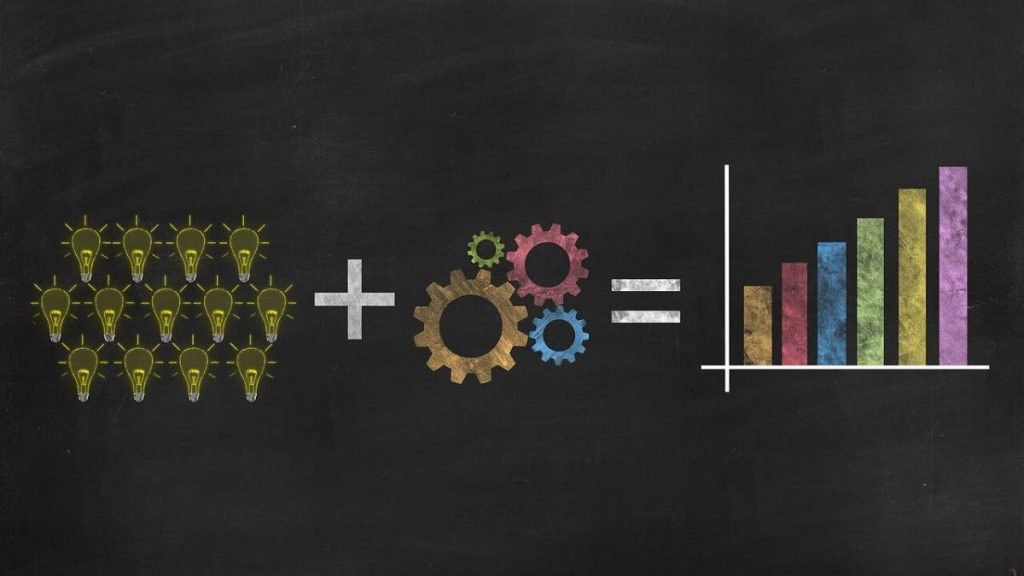Reassessing and pivoting during covid19

For at least the next 15 months, the world will be navigating and living with covid19 and it will continue to change the way we do business. The length of time however means that a business, if it wants to remain relevant, cannot wait for a recovery to reshape its model. But what does this mean? The TT Chamber’s recent members’ webinar, Reshaping Your Business: Reassess and Pivot During Covid-19, sought to address this question.
EY’s Maria Daniel explained that the most likely macroeconomic scenario will be a see-saw shaped recovery over the next 12-18 months. There will be a series of troughs and peaks with slow, uneven recovery resulting in short- and mid-term adaptations, areas of transformational change and different impacts by sector.
Each business will have to give consideration to its workforce arrangements, supply chains, maintaining consumer demand when there are changes in consumer spending due to job losses, shifting priorities and maintaining profitability during the troughs.
Microsoft has seen two years' worth of digital transformation in just two months, according to CEO Satya Nadella. While digital uptake has been one of the biggest enablers of business continuity during this pandemic, pivoting and reshaping is not just about adopting a new technology and software.
Digital transformation involves developing a corporate strategy to address customers’ pain points, understanding the enabling capabilities, then selecting and implementing the right technology to support that strategy.
Alex Siu Chong, CEO of retailer Excellent Stores noted that the company had already started its digital transformation pre-covid19, but the unexpected emergence of the pandemic sped up these plans. The closure of retail stores meant the potential loss of entire customer bases. However, a digital presence with delivery options creates a new avenue to service customers. Changes in the foot traffic are anticipated to remain even after restrictions are eased and the real estate of retailers will also change.
However, simply maintaining its pre-covid19 digital presence may not have been sufficient to maintain profitable levels during the “stay at home” order. Various reports estimate that only 20 per cent of TT’s population owns a credit card. The store has since increased payment options to capture the market without credit cards. It has also increased its website offerings to match what has been physically available in-store.
The restaurant sector in particular will have to reimagine their ecosystems, looking at more innovative business models and collaborations to access new markets and customers. The new normal will perhaps mean less people dining-in and the layout of restaurants may have to change to maintain social distancing. Even with online ordering and delivery, there has to be a strategy to address ways of providing an experience for customers that are no longer guaranteed to come in to your restaurant.
Navneet Boodhai, co-owner of The Bungalow Restaurant admitted that he now faces the task of keeping his restaurant relevant while maintaining the restaurant and event space in which he has invested. Chef Khalil Ali, owner of Pêche Patissierie also began transitioning his restaurant business before the covid19 pandemic to offer gourmet take-away meals and this may have given him an edge during the lockdown period.
In a small economy, collaboration – exchanging information, altering activities, sharing resources, and enhancing the capacity of another for mutual benefit and to achieve a common purpose – is key in order to maximise economies of scale. Both Bungalow and Pêche have been working with entrepreneurs to offer them a retail space, virtual and physical, to sell their products. Consolidating volumes aids in keeping cost margins down while being able to tap into a cost effective route to the consumer.
To view the full free webinar, visit the Business Insights On Demand Library at www.chamber.org.tt.
(Content courtesy the TT Chamber of Industry and Commerce)


Comments
"Reassessing and pivoting during covid19"